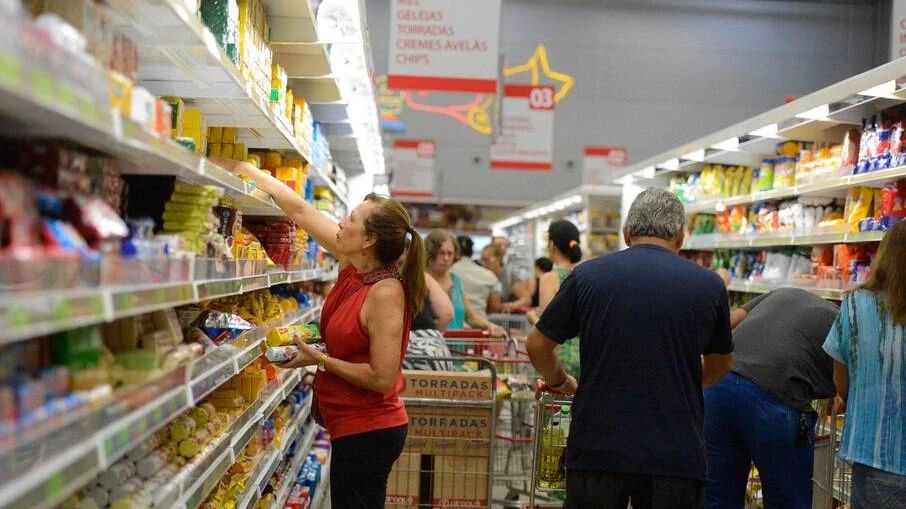
According to the latest statistical data released by Datafolha, a reputable opinion polling agency in Brazil, due to domestic inflation issues, 58% of Brazilians say they are currently buying less food than before. Among the poorest groups in Brazil, this proportion rises to 67%. The survey also shows that nearly 8 out of 10 Brazilians have changed their consumption habits due to recent price increases. The main changes include: reducing dining out (61%), opting for cheaper coffee brands (50%), cutting back on electricity, water, and gas usage (50%), decreasing purchases of alcoholic beverages (49%), and reducing purchases of medications (36%).
Research indicates that one-quarter of Brazilians report insufficient food at home. 60% of respondents believe that their household food supply is "just enough," while 13% say it is "more than enough."
Datafolha emphasizes that from a technical statistical perspective, the current data shows no significant changes compared to the same survey results from March 2023. Considering the margin of error in the survey, it is uncertain whether there has been any fluctuation compared to the early days of the Lula government.
Zhongjin also understands that 54% of respondents believe that the current President Lula's government bears "a great responsibility" for the recent rise in food prices, 29% think the government bears "some responsibility," and only 14% believe the federal government has "no responsibility."
This survey was conducted through face-to-face interviews with 3,054 Brazilian citizens aged 16 and above in 172 cities nationwide from April 1st to 3rd, with a margin of error of plus or minus 2 percentage points.
